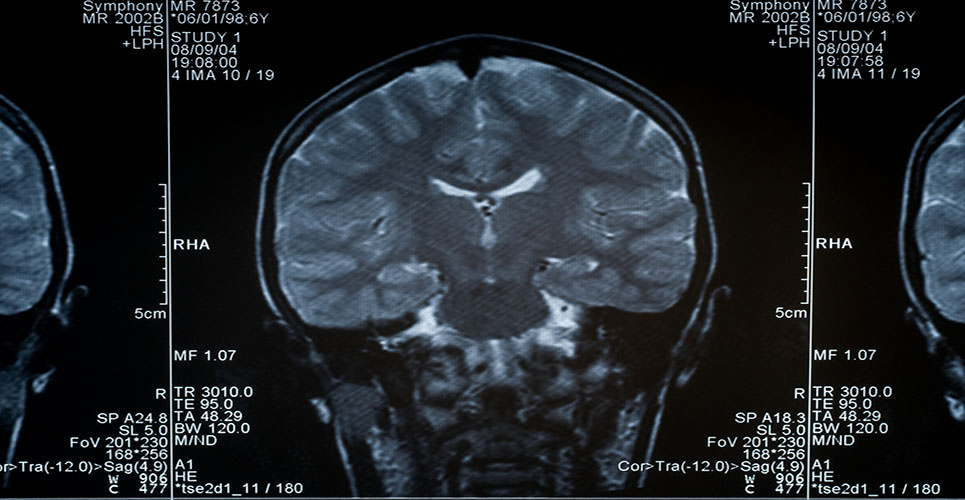teaser
Swedish scientists have identified a part of the brain that shows physiological changes when certain patients report beneficial effects from placebos.
Drug trial researchers have known for many years that individuals can respond just as well to placebos – sugar pills – as to active drugs.
Experts from Uppsala and Gothenburg Universities have now found why only certain people get better from placebos by pinpointing the mechanism in the brain that responds to the treatment and the genes that regulate who might react positively.
The study, published in Journal of Neuroscience, examined 108 individuals suffering from social phobia using a brain camera. The individuals were participating in a treatment study looking into how anxiety-moderating drugs affect brain activity.
The results showed that 40% of the placebo group had received the same degree of anxiety relief from the sugar pill as other groups got from a drug.
Those who responded well to the placebo had a significant reduction in activity in the amygdala, a part of the temporal lobe. In previous research the amygdala has stood out as a key structure for emotional reactions. Both serotonin-active drugs (SSRI preparations) and cognitive behavioural therapy moderate activity in this area.
Study leader Tomas Furmark, of the Uppsala University, said: “Thus, successful placebo treatment works through the same mechanism in the brain.”
The study shows that genes influence the placebo effect by regulating the propensity to react in an area of the brain that is important for our feelings.
Copyright Press Association 2008

